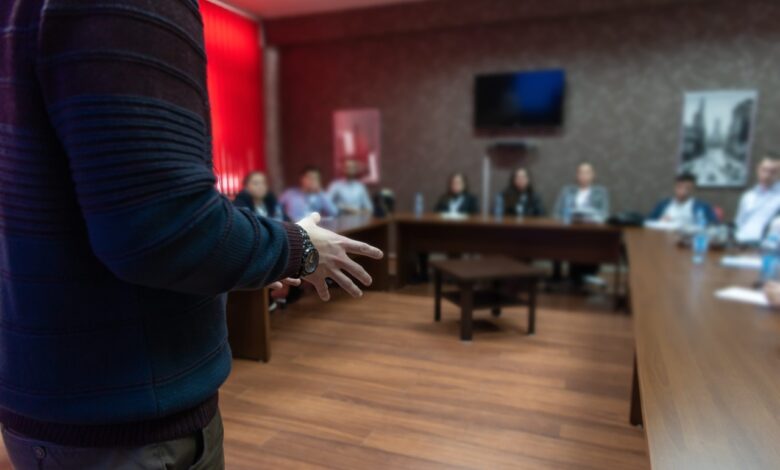The Role of Expert Witnesses in Simplifying Complex Cases

Key Takeaways
- Expert witnesses are invaluable in translating complex information for the court.
- They bring specialized knowledge that can clarify intricate details.
- Expert witnesses are critical in helping judges and juries make informed decisions.
- They help bridge the gap between technical jargon and legal criteria.
Introduction
Legal cases often deal with complex and technical issues that extend beyond the average person’s understanding. In such scenarios, expert witnesses become crucial. Their role is invaluable in deciphering complicated information, allowing for more precise and more accurate legal outcomes. This article explores how expert witnesses simplify complex cases and ensure justice is served efficiently.
Read More: Secrets of a Successful Divorce: Hiring the Right Lawyer
Expert Witnesses Demystified
At its core, the role of an expert witness is to provide specialized knowledge and insights that assist the court in understanding intricate matters. These experts come from various fields, such as forensic psychology, medicine, engineering, and financial analysis. Expert witnesses help judges and juries grasp the nuances of a case by translating their expertise into layperson’s terms.
A forensic psychology expert offering expert witness services New York NY, can break down psychological assessments into understandable segments. Their insights can provide crucial context in cases involving mental health, competency, or criminal behavior, clarifying these complex issues for the court.
Expertise in Action
Expert witnesses’ involvement is often multifaceted. Their extensive contributions range from analyzing evidence and conducting specialized tests to providing detailed reports. One significant aspect is their ability to give testimonies that elucidate complex details. By presenting data and findings clearly and concisely, expert witnesses help demystify complicated concepts, enabling the court to see the bigger picture.
For example, in medical malpractice cases, a healthcare expert can explain the standard of care, deviations from that standard, and how those deviations resulted in harm. Their testimony can be pivotal in determining liability and providing a basis for the court’s decision.
Bridging the Gap
One of the primary roles of expert witnesses is to bridge the gap between highly technical information and the legal standards required to assess that information. They act as translators, turning specialized jargon into everyday language that judges and juries can understand. This is especially important in scientific data, financial records, or specialized industry practices.
Expert witnesses are not only translators but also educators. They educate the court on relevant principles and standards from their expertise. This education component ensures that all parties clearly understand the facts, leading to more informed and just decisions.
The Impact on Legal Outcomes
The contributions of expert witnesses significantly impact legal outcomes. Their unbiased, factual input can sway the direction of a case by uncovering truths that might otherwise remain hidden. This objective stance ensures that justice is served and seen to be served. With their specific knowledge, expert witnesses bring an element of credibility and reliability to the proceedings.
Furthermore, expert witnesses’ proficiency in explaining complex concepts helps reduce misunderstandings and misinterpretations in court. This clarity leads to more accurate verdicts, bolstering the judicial system’s integrity. As a result, judges and juries can make decisions based on solid evidence and expert interpretations, minimizing the risks of erroneous judgments.
Read More: 7 Signs You Need to Hire a Disability Lawyer
Conclusion
Expert witnesses are a fundamental asset in the legal arena, mainly when dealing with complex cases. They simplify intricate matters, making them understandable to those without specialized knowledge. Their role ensures that the legal process is thorough, fair, and grounded in factual evidence. Expert witnesses are crucial in achieving justice and maintaining the judicial system’s integrity by bridging the gap between technical expertise and legal criteria.
As legal cases evolve in complexity, the importance of expert witnesses will only grow. Their ability to provide precise, reliable, and specialized knowledge makes them indispensable in delivering just and well-informed legal outcomes.











